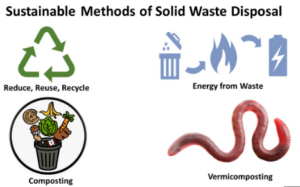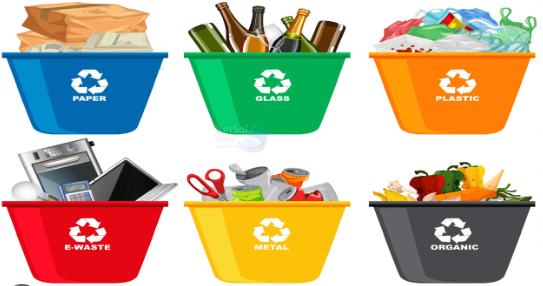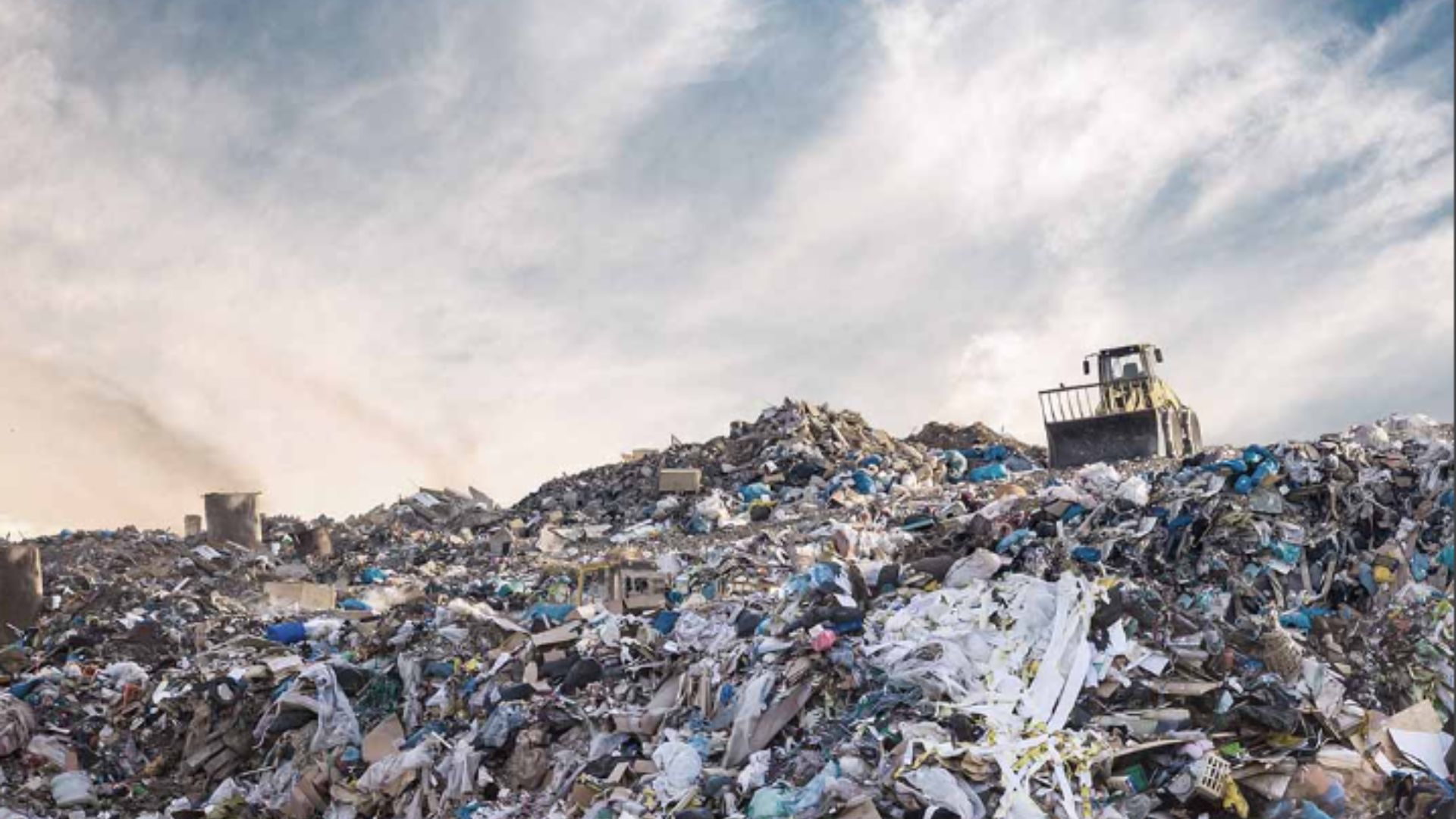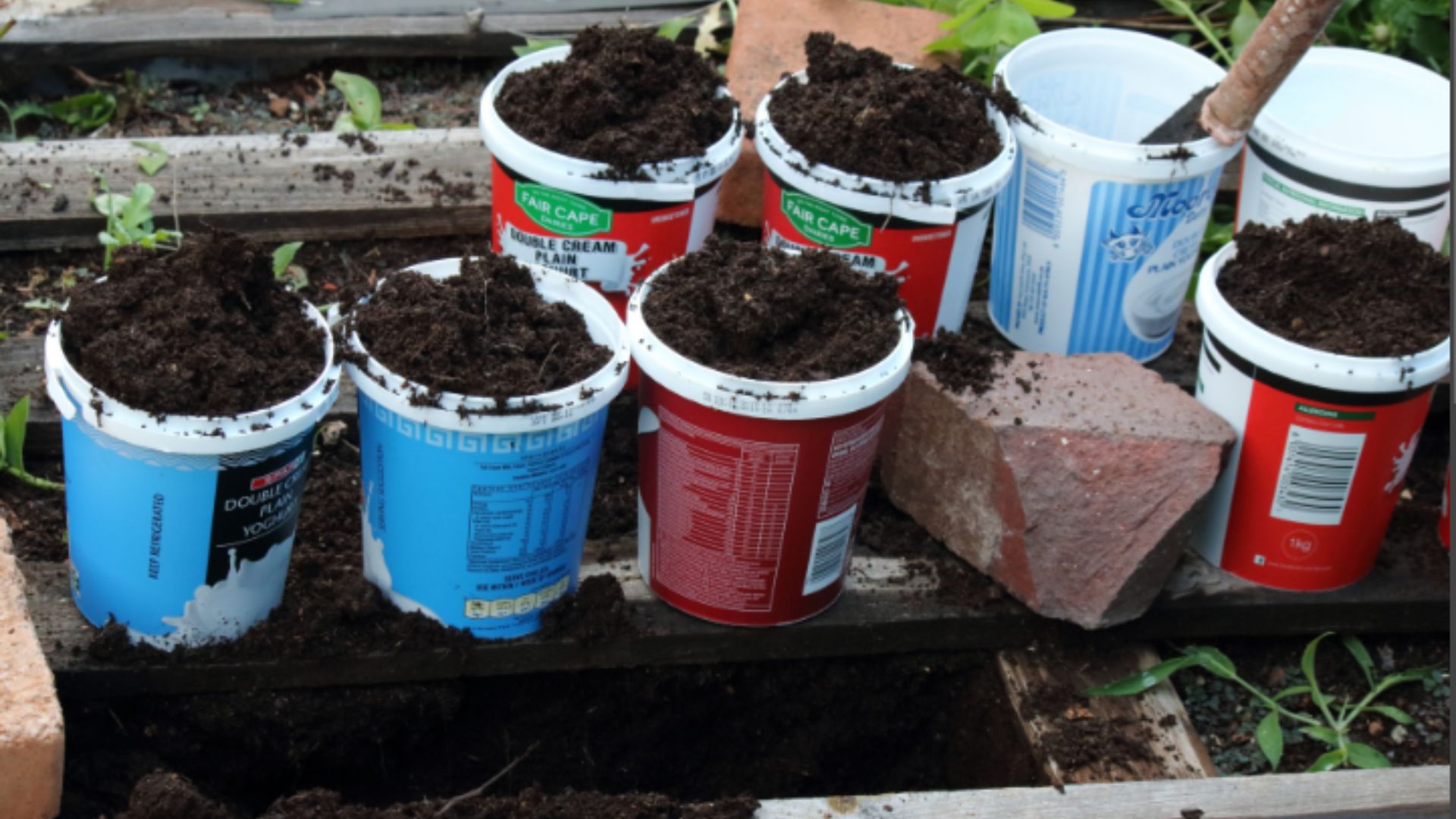Waste management has evolved significantly over the years, with an increasing emphasis on sustainability and environmental responsibility. In today’s world, effective waste management is crucial for preserving our planet and its resources. This article explores various modern methods of waste management, highlighting their importance in reducing waste, conserving resources, and mitigating environmental impact. To begin with, let’s delve into the importance of waste management in our daily lives.
The Significance of Waste Management
Waste management plays a pivotal role in maintaining a healthy environment and preserving natural resources. By effectively managing waste, we can minimize pollution, reduce greenhouse gas emissions, and protect ecosystems. Moreover, proper waste management promotes recycling and reusing materials, thereby conserving valuable resources for future generations. Now, let’s examine some of the most innovative waste management methods currently in use.
Recycling
Recycling is a cornerstone of modern waste management. This process involves collecting, processing, and reusing materials like paper, glass, plastic, and metals. Recycling helps to reduce the strain on natural resources, conserve energy, and decrease the amount of waste sent to landfills. Additionally, it plays a crucial role in reducing carbon emissions by minimizing the need for the production of new materials.
Composting
Another cutting-edge approach to waste management is composting. Composting is a natural process that transforms organic waste, such as food scraps and yard trimmings, into nutrient-rich soil conditioner. This sustainable method not only diverts organic waste from landfills but also produces valuable compost that can be used to enrich soil, promote plant growth, and reduce the need for chemical fertilizers. Composting is an excellent way to close the loop on organic waste in an eco-friendly manner.

Waste-to-Energy (WTE)Next, we’ll explore waste-to-energy technologies. Waste-to-Energy (WTE) technologies convert non-recyclable waste into electricity, heat, or other forms of energy. These processes include incineration, gasification, and pyrolysis. WTE not only reduces the volume of waste in landfills but also generates clean energy, contributing to a more sustainable energy mix. It is an innovative approach to both waste reduction and energy production.
Extended Producer Responsibility (EPR)
Moving on, let’s discuss the concept of extended producer responsibility. Extended Producer Responsibility is a regulatory approach that shifts the responsibility for managing a product’s end-of-life waste from consumers to the producers. Under EPR programs, manufacturers are encouraged to design products with recyclability and sustainability in mind. They are also responsible for collecting, recycling, or properly disposing of their products when they reach the end of their life cycle. EPR promotes resource conservation and reduces the burden on municipalities to manage waste.
Waste Segregation
Now, we’ll explore the importance of waste segregation. Waste segregation is a fundamental aspect of effective waste management. It involves separating different types of waste at the source, such as separating recyclables from non-recyclables. Proper segregation streamlines the recycling process, reduces contamination, and ensures that each type of waste is processed appropriately. Communities and individuals can contribute significantly to waste reduction by practicing waste segregation.
Smart Waste Management
Let’s now look at how technology is revolutionizing waste management. Advancements in technology have given rise to smart waste management systems that use sensors and data analytics to optimize waste collection and disposal. These systems enable more efficient route planning, waste bin monitoring, and real-time reporting. Moreover, by minimizing unnecessary pickups and reducing fuel consumption, smart waste management reduces costs and environmental impact.
Public Awareness and Education
Lastly, we’ll discuss the importance of public awareness and education. Raising public awareness about the importance of waste reduction and responsible disposal is a critical aspect of modern waste management. Educational initiatives inform individuals and communities about the environmental consequences of improper waste disposal and the benefits of recycling and composting. When people are informed, they are more likely to adopt sustainable practices, contributing to a cleaner and healthier environment.
Conclusion
In conclusion, in the modern world, waste management has evolved far beyond the simple act of collecting and disposing of waste. It has become a multifaceted endeavor that encompasses recycling, composting, waste-to-energy technologies, extended producer responsibility, waste segregation, smart systems, and public education. These methods collectively contribute to a more sustainable and environmentally responsible approach to waste management.



